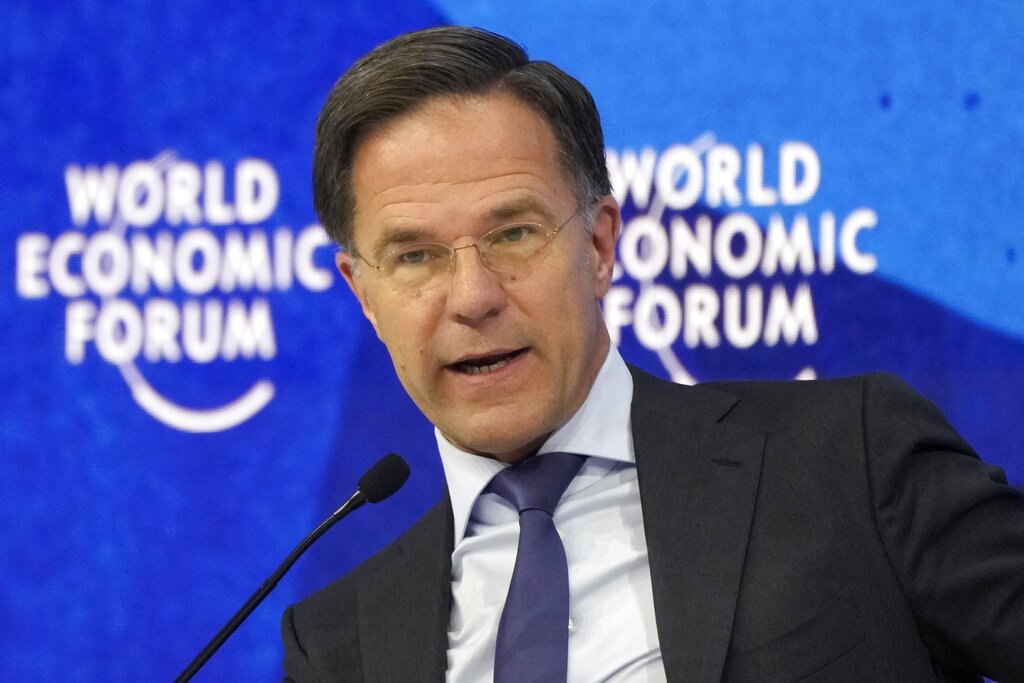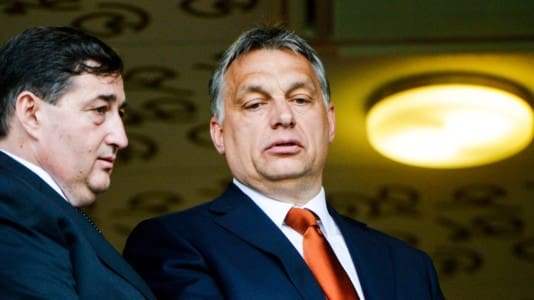Although Hungary is still resisting the sixth EU sanctions package against Russia, Dutch Prime Minister Mark Rutte has told CNBC in an interview that an agreement between other EU member states and Hungary on the proposed oil embargo could be reached by next week.
While Rutte did not provide any details on how he envisioned such a compromise, the Politico news outlet has previously reported on the matter, citing an EU diplomat who suggested that pipeline oil transport would not be affected by the embargo, only imports by sea — this was one of Hungary’s key requests.
Earlier, Minister of Foreign Affairs and Trade Péter Szijjártó also talked about his government’s willingness to agree to an oil embargo for a financial contribution to assist with the country’s transition of approximately €15-18 billion. The government estimates that this would be the sum required to switch from Russian crude oil to alternative solutions.
Rutte stressed that the current situation is independent of the rule of law debate, as the committee’s proposal can only pass via a unanimous decision. Rutte himself is not a believer in this system, revealing that he “hates” the national veto and believes the European Union would run more efficiently if a simple majority were sufficient to enact policy.
As this site previously reported, Hungarian Prime Minister Viktor Orbán wrote a letter to European Council President Charles Michel on Tuesday, in which he told the European Council chief that he would not negotiate the closure of Russian oil until the EU detailed what financial support Hungary could expect to receive for becoming independent of Russian oil.
The issue of the oil embargo also came to the fore on Thursday when Hungary’s government spokesman, Gergely Gulyás, explained that there was no dispute between Hungary and the European Commission regarding the length of the proposed transition period, adding that if Hungary received adequate guarantees from the Commission, the Hungarian government would vote for the embargo. As he said, these should include guarantees about the time needed for the changeover, the feasibility and the disbursement of the money needed to do so.






